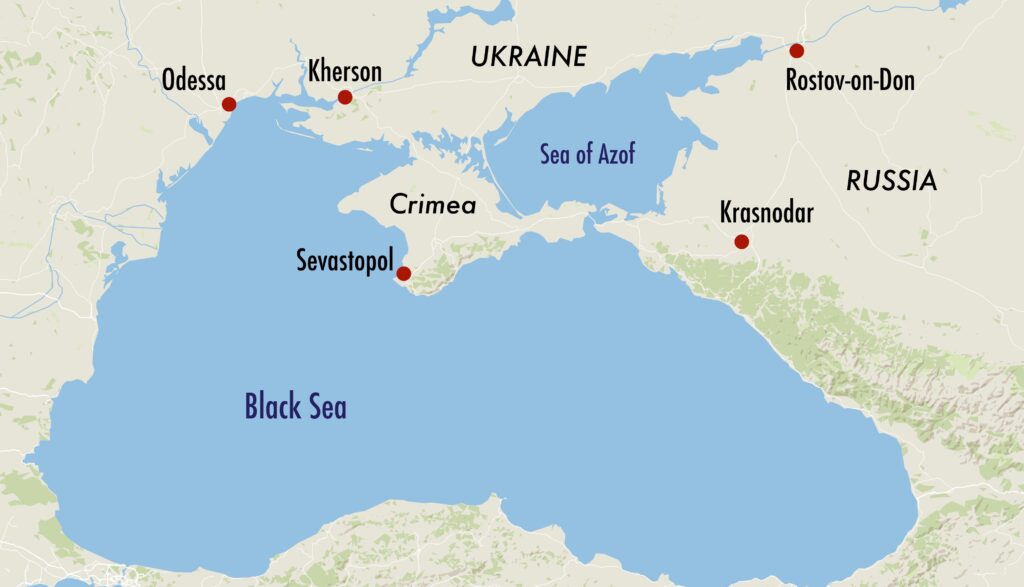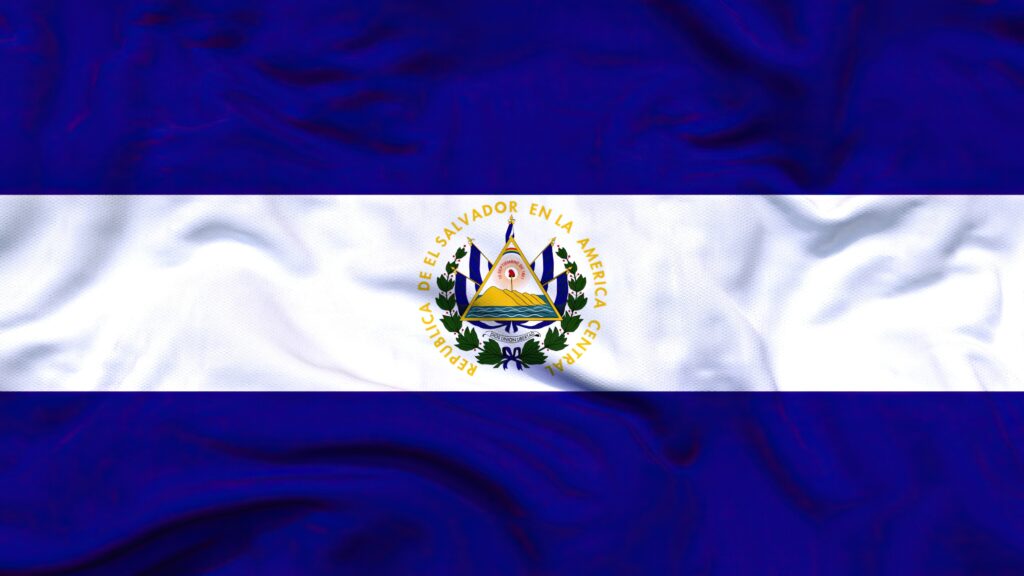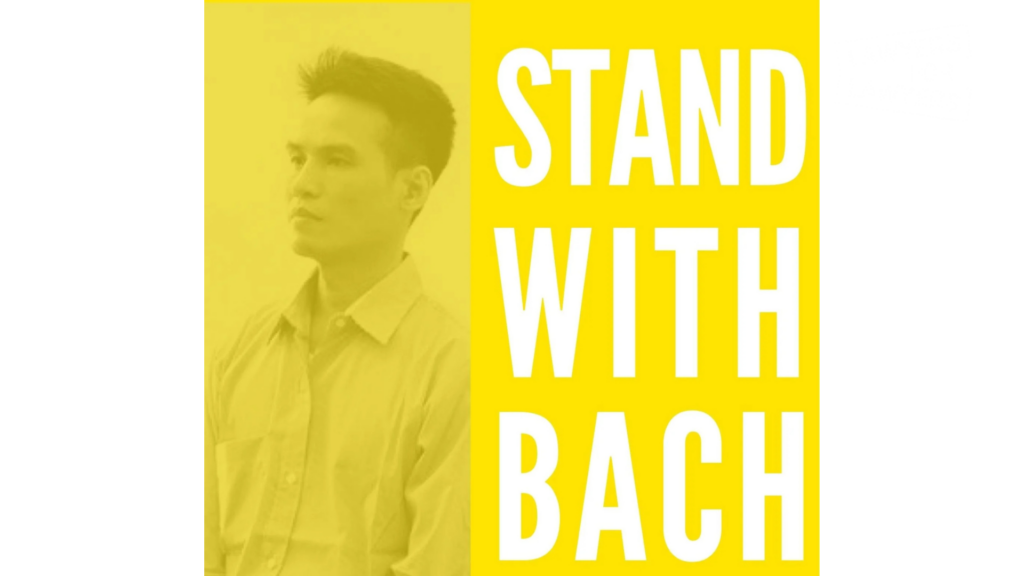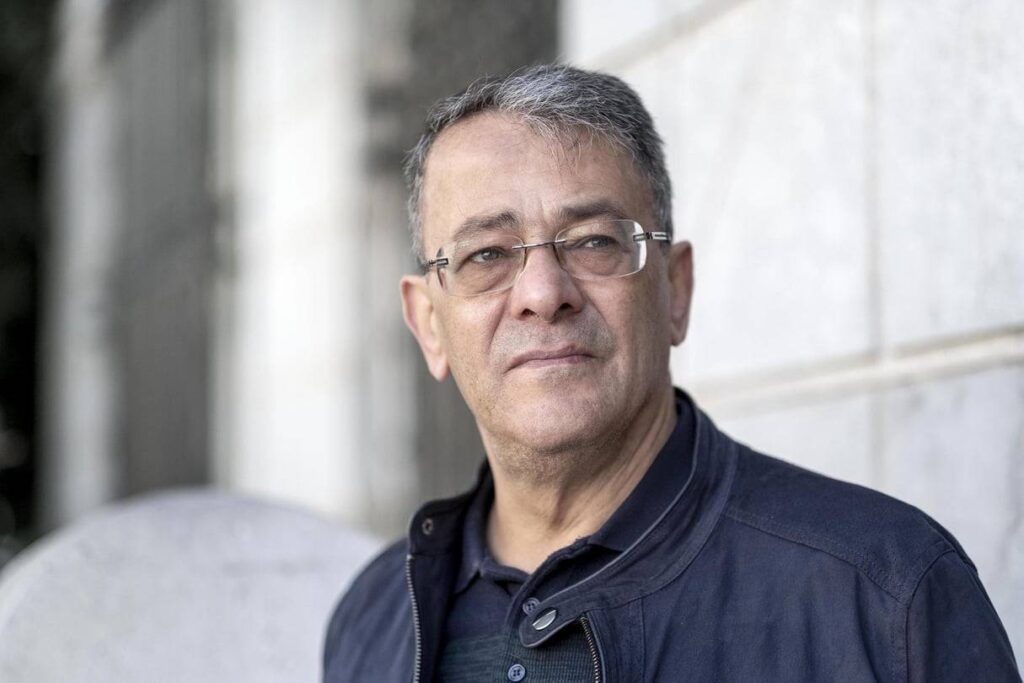The arrest of prominent human rights lawyer Harrison Nkomo by the authorities in Zimbabwe raises fears of a broader crackdown on government critics, Human Rights Watch said today. “The arrest of a leading human rights lawyer may signal the government’s escalation of its crackdown on perceived opponents,” said Georgette Gagnon, Africa director at Human Rights Watch. “It would be unfortunate if Harrison Nkomo became the ‘canary in the coal mine.’ He should be released immediately.”
Nkomo was arrested near his office in central Harare at 2:30 p.m. on May 7, 2008, and is being held at the Law and Order Section of Harare Central Police station. He faces the criminal charges of “insulting or undermining the authority of the head of state” under the Public Order and Security Act of 2002. Nkomo recently defended Barry Bearak, a New York Times correspondent arrested for working without accreditation on April 3, 2008 and held for four days before being deported. Human Rights Watch urged that Nkomo be immediately released and all charges dropped.
Nkomo is the first lawyer arrested for apparent opposition activities since the crackdown following the March 29 elections, although others have been harassed. Since the elections, the authorities have arrested more than 100 presiding electoral officers. On April 25, 2008, they arrested more than 200 people who had sought shelter from the government’s terror campaign at the headquarters of the opposition Movement for Democratic Change (MDC) in Harare. They were held for several days before being released without charge.
Since the March 29 elections, Human Rights Watch has documented a pattern of increasing violence by the ruling ZANU-PF militia and the military against members or supporters of the MDC.
On May 2, 2008, the Zimbabwe Electoral Commission announced the results of the presidential election and said that a runoff was necessary between President Robert Mugabe and MDC leader Morgan Tsvangirai.
“The ruling party’s continuing brutality against the opposition makes a mockery of the runoff vote,” said Gagnon. “The arrest of a leading human rights lawyer takes the intimidation one step further.”
Background
Human rights lawyer Harrison Nkomo recently secured bail for two journalists, one of whom works for the MDC, which won the recent parliamentary elections. The journalists had been in custody since April 15, 2008 on charges of public violence after being picked up near a bus which burst into flames in Harare on the day the MDC organized a “stay-away” to demand that presidential elections results be announced. The Zimbabwe government claims the bus ignited because of an act of vandalism by the opposition, but independent observers suggest it was an electrical fault. While representing these clients, Nkomo allegedly told a staff member at the Attorney General’s Office, a nephew of Mugabe, that his uncle should leave office. The police are using this allegation to justify this politically motivated charge. The Public Order and Security Act of 2002 introduced a range of overbroad and vague criminal offenses that violate the right to free expression. The law criminalizes criticism of the president, whether his person or his office.



